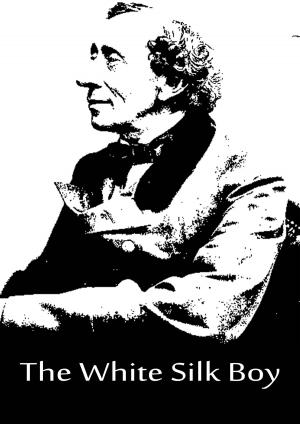Reflections On The Revolution In France [Christmas Summary Classics]
Nonfiction, Reference & Language, Reference| Author: | Edmund Burke | ISBN: | 1230000032310 |
| Publisher: | Zhingoora Books | Publication: | November 21, 2012 |
| Imprint: | Language: | English |
| Author: | Edmund Burke |
| ISBN: | 1230000032310 |
| Publisher: | Zhingoora Books |
| Publication: | November 21, 2012 |
| Imprint: | |
| Language: | English |
Christmas Summary Classics
This series contains summary of Classic books such as Emma, Arne, Arabian Nights, Pride and prejudice, Tower of London, Wealth of Nations etc. Each book is specially crafted after reading complete book in less than 30 pages. One who wants to get joy of book reading especially in very less time can go for it.
EDMUND BURKE
Reflections on the Revolution in France
Edmund Burke, born on Jan. 12, 1729, at Dublin, Ireland, was educated at Trinity College there, and proceeded in 1750 to the Middle Temple, London, but forsook law for the pursuit of literature and politics. His earliest serious work was the essay on "The Sublime and Beautiful," published in 1756, of which the full title is "A Philosophical Inquiry into the Origin of Our Ideas of the Sublime and Beautiful." In 1761 he became private secretary to Hamilton, the Secretary of Ireland, and four years later to the Premier, the Marquis of Rockingham, when he also became M.P. for Wendover, and, in 1774, for Bristol. He died on July 9, 1797. Burke's magnificent treatise on the French Revolution, of which the full title is "Reflections on the Revolution in France, and on the Proceedings of Certain Societies in London relative to that Event; In a Letter Intended to Have Been Sent to a Gentleman in Paris," was published in 1790, and was read all over Europe, powerfully encouraging strenuous resistance to the Revolution. It is, perhaps, in all literature, the noblest expression of all that is noble in conservatism. His treatise is as profound in its penetration into political principles as it is magnificent in conception and in language. As Burke had stood for a true liberty in America, so he took his stand against a false liberty in Europe. But history has not justified him so completely in the latter case as in the former. Revolutionism was not only, or chiefly, libertinism; and the wonderful modern France has largely disappointed his predictions.
Christmas Summary Classics
This series contains summary of Classic books such as Emma, Arne, Arabian Nights, Pride and prejudice, Tower of London, Wealth of Nations etc. Each book is specially crafted after reading complete book in less than 30 pages. One who wants to get joy of book reading especially in very less time can go for it.
EDMUND BURKE
Reflections on the Revolution in France
Edmund Burke, born on Jan. 12, 1729, at Dublin, Ireland, was educated at Trinity College there, and proceeded in 1750 to the Middle Temple, London, but forsook law for the pursuit of literature and politics. His earliest serious work was the essay on "The Sublime and Beautiful," published in 1756, of which the full title is "A Philosophical Inquiry into the Origin of Our Ideas of the Sublime and Beautiful." In 1761 he became private secretary to Hamilton, the Secretary of Ireland, and four years later to the Premier, the Marquis of Rockingham, when he also became M.P. for Wendover, and, in 1774, for Bristol. He died on July 9, 1797. Burke's magnificent treatise on the French Revolution, of which the full title is "Reflections on the Revolution in France, and on the Proceedings of Certain Societies in London relative to that Event; In a Letter Intended to Have Been Sent to a Gentleman in Paris," was published in 1790, and was read all over Europe, powerfully encouraging strenuous resistance to the Revolution. It is, perhaps, in all literature, the noblest expression of all that is noble in conservatism. His treatise is as profound in its penetration into political principles as it is magnificent in conception and in language. As Burke had stood for a true liberty in America, so he took his stand against a false liberty in Europe. But history has not justified him so completely in the latter case as in the former. Revolutionism was not only, or chiefly, libertinism; and the wonderful modern France has largely disappointed his predictions.
![Cover of the book Reflections On The Revolution In France [Christmas Summary Classics] by Edmund Burke, Zhingoora Books](https://www.kuoky.com/images/2012/november/500x500/1230000032310-W63j_500x.jpg)


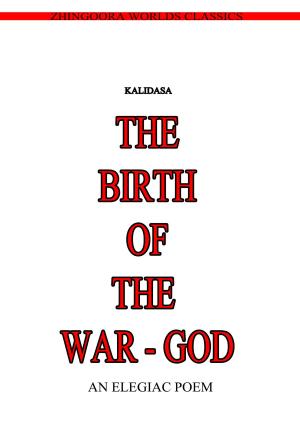


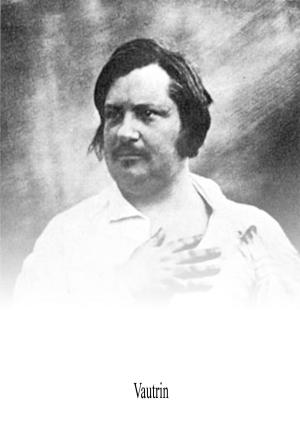
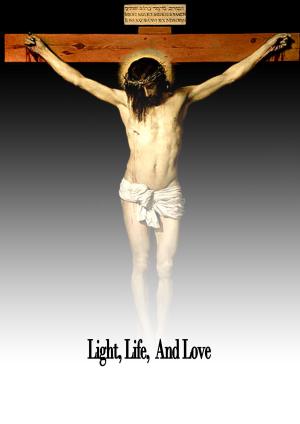

![Cover of the book The Prince [Christmas Summary Classics] by Edmund Burke](https://www.kuoky.com/images/2012/november/300x300/1230000032328-vAdm_300x.jpg)
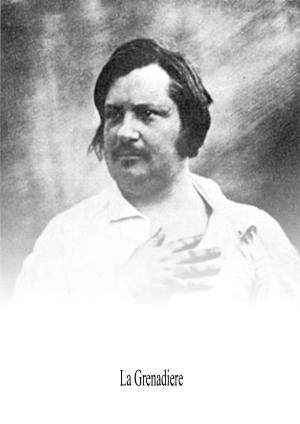
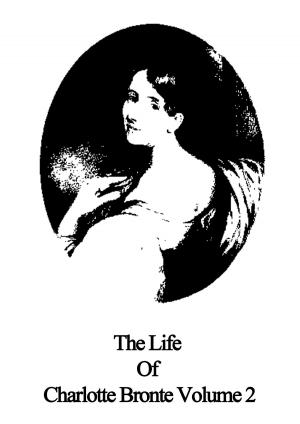
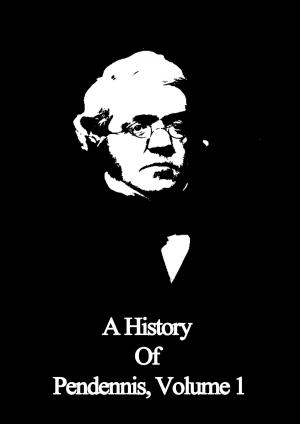
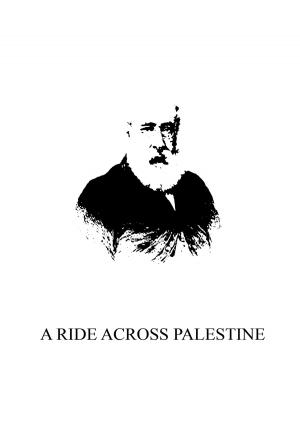
![Cover of the book The Baron's Yule Feast [Christmas Summary Classics] by Edmund Burke](https://www.kuoky.com/images/2012/october/300x300/1230000024212-pfrg_300x.jpg)
